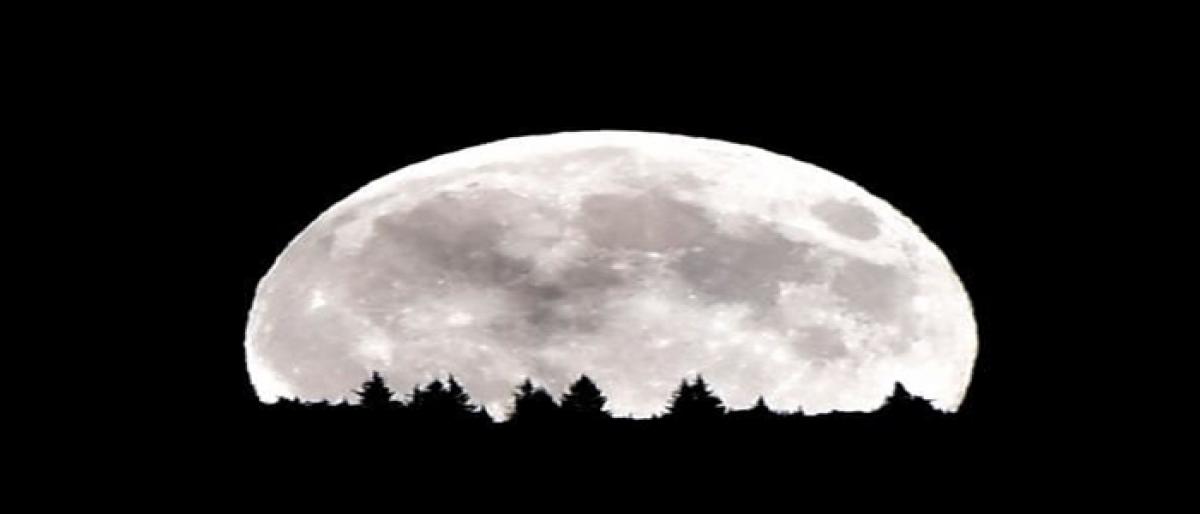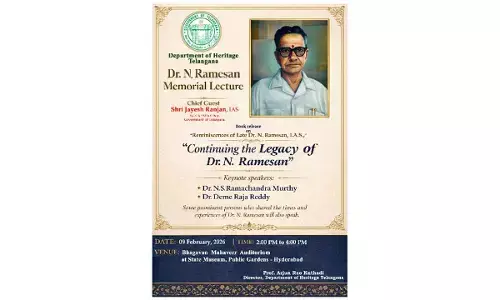China’s precarious experiments

A Chinese company has announced its ambitious plan to put a moon in the space to brighten the night sky Chinese political mouthpiece, Peoples Daily newspaper said recently that officials at a private aerospace institute in Chengdu would be launching this illumination satellite in the orbit by 2020 and said it could replace street lights This is supposed to be eight times brighter than the s
A Chinese company has announced its ambitious plan to put a ‘moon’ in the space to brighten the night sky. Chinese political mouthpiece, People’s Daily newspaper said recently that officials at a private aerospace institute in Chengdu would be launching this ‘illumination satellite’ in the orbit by 2020 and said it could replace street lights. This is supposed to be eight times brighter than the streetlights. Is it good for the people and the environment?
This artificial moon would have the effect of significantly increasing the night time brightness of an already polluted city. Will this not create problems for both Chengdu's residents? What about the urban nocturnal wildlife? How will these adjust to the brighter light?
Moon has two phases as we all know and if there is something that keeps the city radiant all the time, does not normal life get affected at all? Is it environmentally and physically and psychologically a good experiment? It is a novel approach, no doubt, but is it worth trying at all?
The brightest possible full moon under ideal conditions has an illuminance of about 0.3 lux (lumens for square metre), but it is often just 0.15-0.2 lux. The artificial moon, thus, yields an illuminance as high as 1.6 lux.
There is another hazard for the stargazers. But there are no answers so far to any of the questions raised by the people.
Will man be right in altering the nocturnal lifestyle thus? Suppose one is living in a city what does he see during a night if he stares into the sky? Does he see a Milky Way? The stars and other celestial objects? Sadly, no. Apart from a few bright stars he does not see any. It is all because of the light pollution and the unwanted extra light from artificial sources leads to this light pollution.
Such a light not only disrupts our life, but also interferes with astronomical research and leads to disruption of eco-systems which leads to adverse health issues and waste of energy. Plant and animal physiologies also get affected. There is a certain rhythm to the life that swings between light and darkness.
This is a natural law. If any life form could be exposed to light while sleeping, then the melatonin production can be suppressed. This can lead to sleep disorders and other health problems such as headaches, worker fatigue, medically defined stress, some forms of obesity due to lack of sleep and increased anxiety to say the least.
Certain types of cancers are also linked to it, scientists say and there are also effects on eye sight of the aged population. Natural light has a certain spectral composition of light (certain colours of light) whereas the artificial light does not have the capacity. This is amounting to playing God. Of course, China wants to play God to the world. It gets obvious with everything it does. It wants to change the course of Brahmaputra. It is creating fake islands in the seas. It is raging mountains for its CPEC etc. Its hungry experimentations could be disastrous to the earth. Time the world takes note of this.















